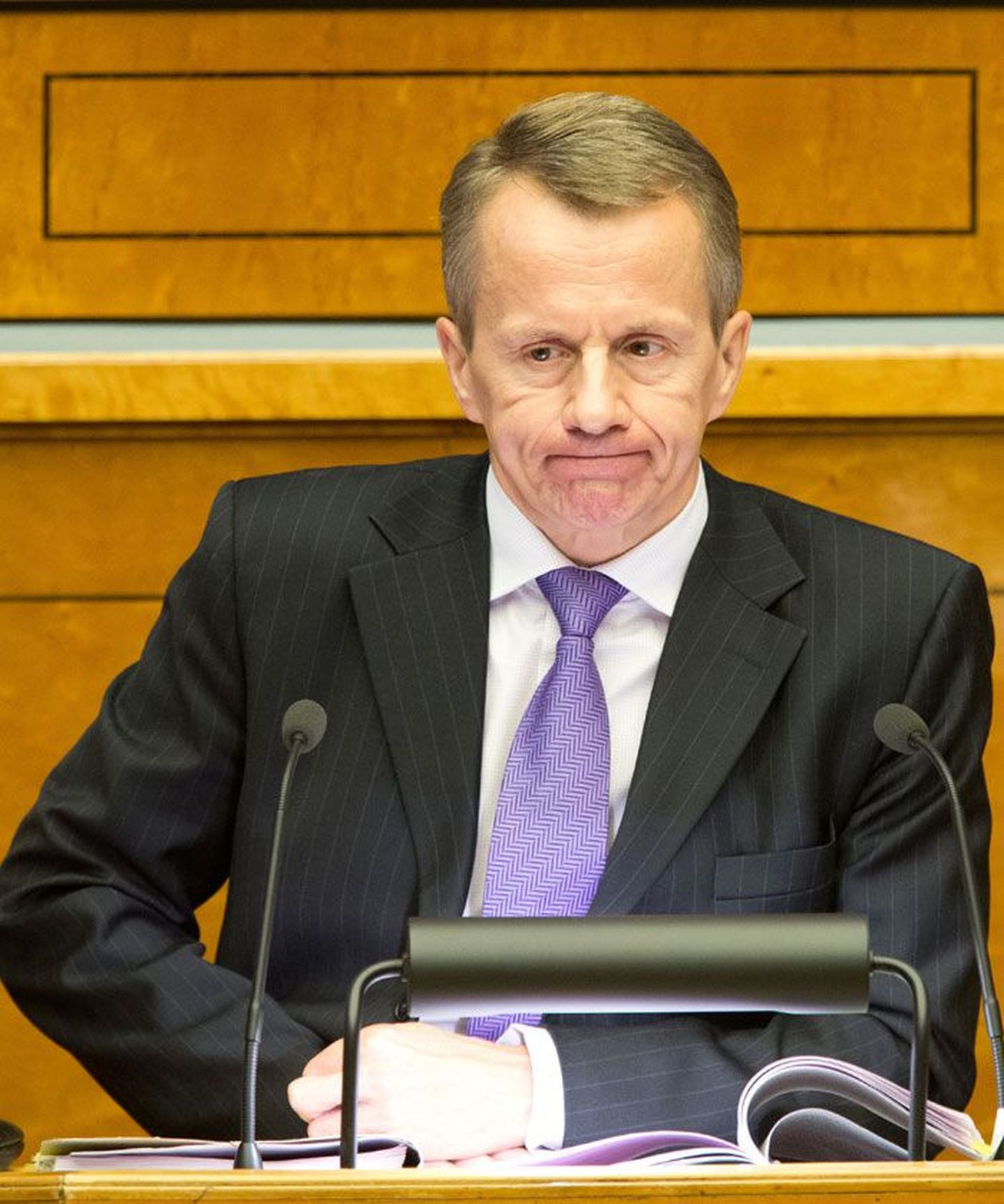I’m not underestimating the emotional risks lurking in the souls of the nations, and have witnessed how in time these turn into a reverse view of the past somewhat. But in the given instance, it is not the nationality but largely the historic heritage: what work they arrived to do after the war was over, what became of these jobs in the open economy, what kind of families they were born into, and how that translates into language skills, education, employment choices, values, social networks etc.
All of that can also be dealt with in state programmes, without insulting anyone. Also, people could be more unifying in their public addresses in Ida-Viru [County – edit], talking less about personal offences and abstaining from protests, say, when bilingual street signs are to exchanged for official language ones.
Also, the existence or nonexistence of life under foreign power should not be translated into nationality issue. The fact remains, soc dem leaders include may a good Estonian whose nice names coincide with those who once brought the Estonian state down – so that vulnerability to attacks is naturally to be considered, as most of them painfully and precisely know.
No doubt, also, in the desire of the soc dems themselves to distance themselves from the crimes of the communists. Still, exceptions exist. Jaak Allik, closest adviser and partner to education minister in Ida-Viru, has both claimed that «never has a foreign power attacked Estonia» and called my thoughts certifiable.

/nginx/o/2020/05/17/13105879t1h2dc3.jpg)